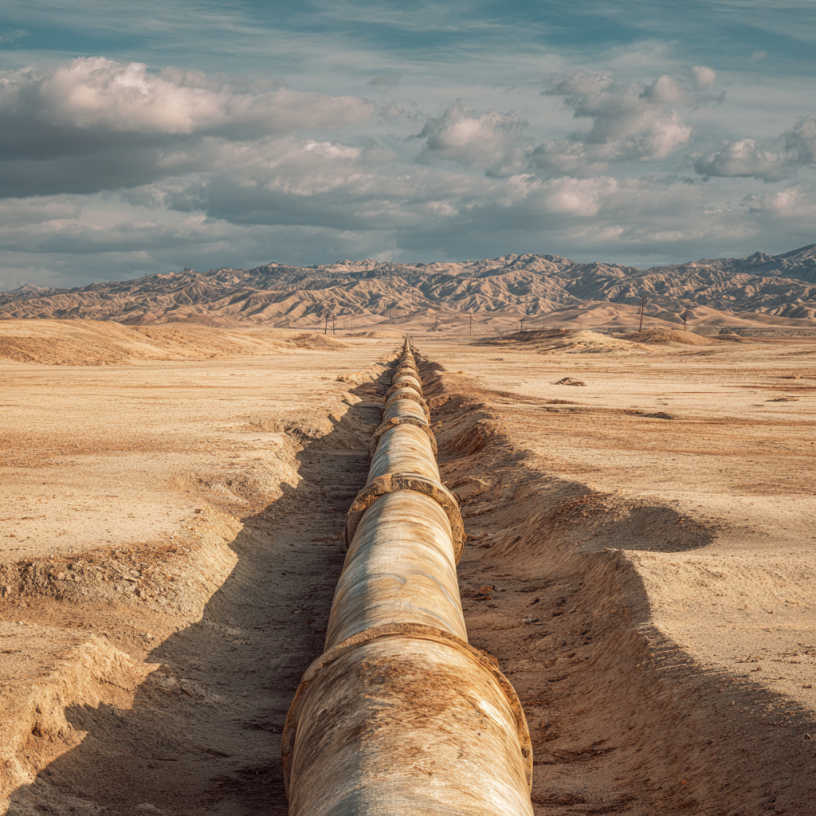Turkiye Energy Minister Alparslan Bayraktar has urged Iraq to agree on a new energy pact that ensures the full use of the Kirkuk–Ceyhan oil pipeline. Speaking after a cabinet session, Bayraktar said the pipeline’s full potential has never been reached, even during its active years.
The Kirkuk–Ceyhan pipeline, which can transport up to 1.5 million barrels of oil per day, has been offline since 2023. This shutdown followed an arbitration ruling that ordered Ankara to pay $1.5 billion to Baghdad. The penalty came in response to oil exports carried out without Iraq’s official approval between 2014 and 2018. Turkiye is still appealing the decision.
Bayraktar emphasized the need to create a new framework before the current Turkiye-Iraq energy agreement expires in 2026. He believes both nations should update the terms and broaden the scope beyond just crude oil. His vision includes cooperation in natural gas, electricity, and petrochemical sectors.
As part of this proposal, Bayraktar introduced the idea of extending the pipeline deeper into Iraq. He suggested connecting it to Iraq’s Development Road project. This major infrastructure plan aims to link the southern port of Basra to Turkiye and beyond, ultimately reaching European markets.
The Turkiye-Iraq energy agreement has long focused on crude oil trade, but energy demands and political priorities have evolved. Officials in Ankara see potential in diversifying cooperation with Baghdad, especially as both countries seek new trade routes and energy sources.
Experts believe reopening and fully using the pipeline would benefit both sides. Iraq could increase export capacity and gain new markets, while Turkiye would secure more oil flow and expand its energy hub ambitions.
However, legal and political challenges remain. The $1.5 billion arbitration ruling still casts a shadow over negotiations. Both sides must resolve disputes over control, revenue sharing, and long-term strategy.
The Turkiye-Iraq energy agreement extension could also align with regional development efforts. Connecting Iraq’s southern oil fields with Europe through Turkiye fits larger goals of building reliable trade and energy corridors.
Bayraktar’s comments show Turkiye’s interest in stronger energy partnerships in the region. As the 2026 deadline nears, both governments may soon enter talks to reshape one of the Middle East’s key energy relationships.


